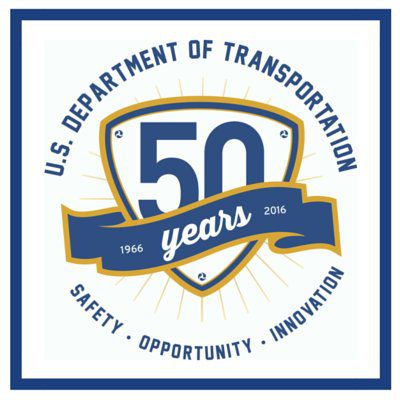WASHINGTON – Today the U.S. Department of Transportation’s Pipeline and Hazardous Materials Safety Administration (PHMSA) announced it is providing a total of $900K to three educational institutions as part of its Competitive Academic Agreement Program (CAAP) for pipeline safety research. The awards announced today will go to Iowa State University, West Virginia University and North Dakota State University to spur the development of research projects that could prevent or mitigate pipeline corrosion.
“PHMSA’s CAAP projects are focused on developing new innovation to solve our most pressing safety concerns.” said U.S. Transportation Secretary Anthony Foxx. “The program introduces tomorrow’s science and engineering professionals to PHMSA’s mission, and encourages students to pursue a career in public service.”
Established in 2013, the CAAP initiative has provided more than $3.9 million in research awards, and has exposed 133 students to pipeline safety as part of 26 sponsored projects. Projects developed through CAAP awards are introductory research used to further investigations in other CAAP investments or PHMSA’s core research and development program.
“The CAAP program sponsors research projects that can be applied to real-life safety challenges,” said PHMSA Administrator Marie Therese Dominguez. “Corrosion is one of the top causes of pipeline failures, and we’re committed to investing in innovative technologies that will strengthen our nation’s pipeline system well into the future.”
Past CAAP projects have focused on technological improvements aimed at specific pipeline challenges, including measuring pipe strength and toughness, detecting methane emissions, preventing corrosion, and locating plastic pipes, among other areas. PHMSA has also invested nearly $93 million dollars in general R&D projects that have since hit the market, among them 22 patent applications and 25 new pipeline technologies, including above-ground, radar-based pipeline mapping and a nondestructive testing method for unpiggable pipelines.
Awardee Funding Distribution
|
University |
Award |
Project Title |
Main Objective |
|
Iowa State University |
$299,996 |
Fundamental Mechanochemistry-based Detection of Early Stage Corrosion Degradation of Pipeline Steels | To develop advanced detection methods to calculate the physical and mechanical changes associated with early stage stress corrosion cracking in high strength pipeline steel. |
|
West Virginia University |
$299,999 |
Glass-Polymer Composite High Pressure Pipes and Joints | To design manufacturing and component-system glass fiber reinforced polymer composite pipes and joints. |
|
North Dakota State University |
$300,000 |
Development of New Multifunctional Composite Coatings for Preventing and
Mitigating Internal Pipeline Corrosion |
To develop and implement new high-performance multifunctional composite coatings to seek lifetime prevention or mitigation of internal pipeline corrosion. |
| TOTALS: |
$899,995 |
||
For more information on past and current research, visit the Research and Development section of PHMSA’s website at: www.phmsa.dot.gov/pipeline/research-development.
The mission of the Pipeline and Hazardous Materials Safety Administration is to protect people and the environment by advancing the safe transportation of energy and other hazardous materials that are essential to our daily lives. PHMSA develops and enforces regulations for the safe operation of the nation’s 2.6 million mile pipeline transportation system and the nearly 1 million daily shipments of hazardous materials by land, sea, and air. Please visit http://phmsa.dot.gov or https://twitter.com/PHMSA_DOT [external link] for more information.



